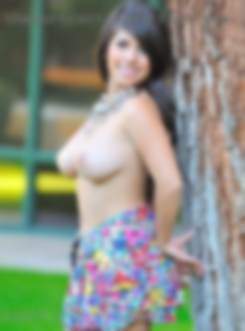
Also been told that i am a great outdoor lover even through i never went fishing or hunting.
Looking to Maryland find my queen.

Also been told that i am a great outdoor lover even through i never went fishing or hunting.
Hair: Grey
Age: 54
Name: reylivny
Body: Heavyset
Marital Status: No Strings Attached
City: Sparks Glencoe, MD 21152

Hair: Brown
Age: 47
Name: isaacSingeltary610
Body: Slender
Marital Status: Divorced
City: Savage, MD 20763

Hair: Brown
Age: 59
Name: elizibethbielwawski
Body: A few extra pounds
Marital Status: Single
City: West Friendship, MD 21794

Hair: Chestnut
Age: 32
Name: kajacoldren980
Body: Slender
Marital Status: Separated
City: Tracys Landing, MD 20779

But open to most things. No stings. I hate this site I try talking and nothing on Im is absolutely awful getting off very soon if you wanna talk message me otherwise good luck. Xxxx hot women.
I'm 49 average cock and straight.Hair: Blonde
Age: 60
Name: Blaneincorvaia
Body: Slender
Marital Status: Divorced
City: Taylors Island, MD 21669

Hair: Red
Age: 47
Name: Beastly1235
Body: Slender
Marital Status: No Strings Attached
City: Preston, MD 21655

Hair: Black
Age: 54
Name: nixonCantwell
Body: Heavyset
Marital Status: Divorced
City: Sabillasville, MD 21780

Hair: Auburn
Age: 54
Name: takakoAbramovich1978
Body: Heavyset
Marital Status: Separated
City: Tracys Landing, MD 20779

Hair: Auburn
Age: 59
Name: gettz9846
Body: A few extra pounds
Marital Status: No Strings Attached
City: Abell, MD 20606